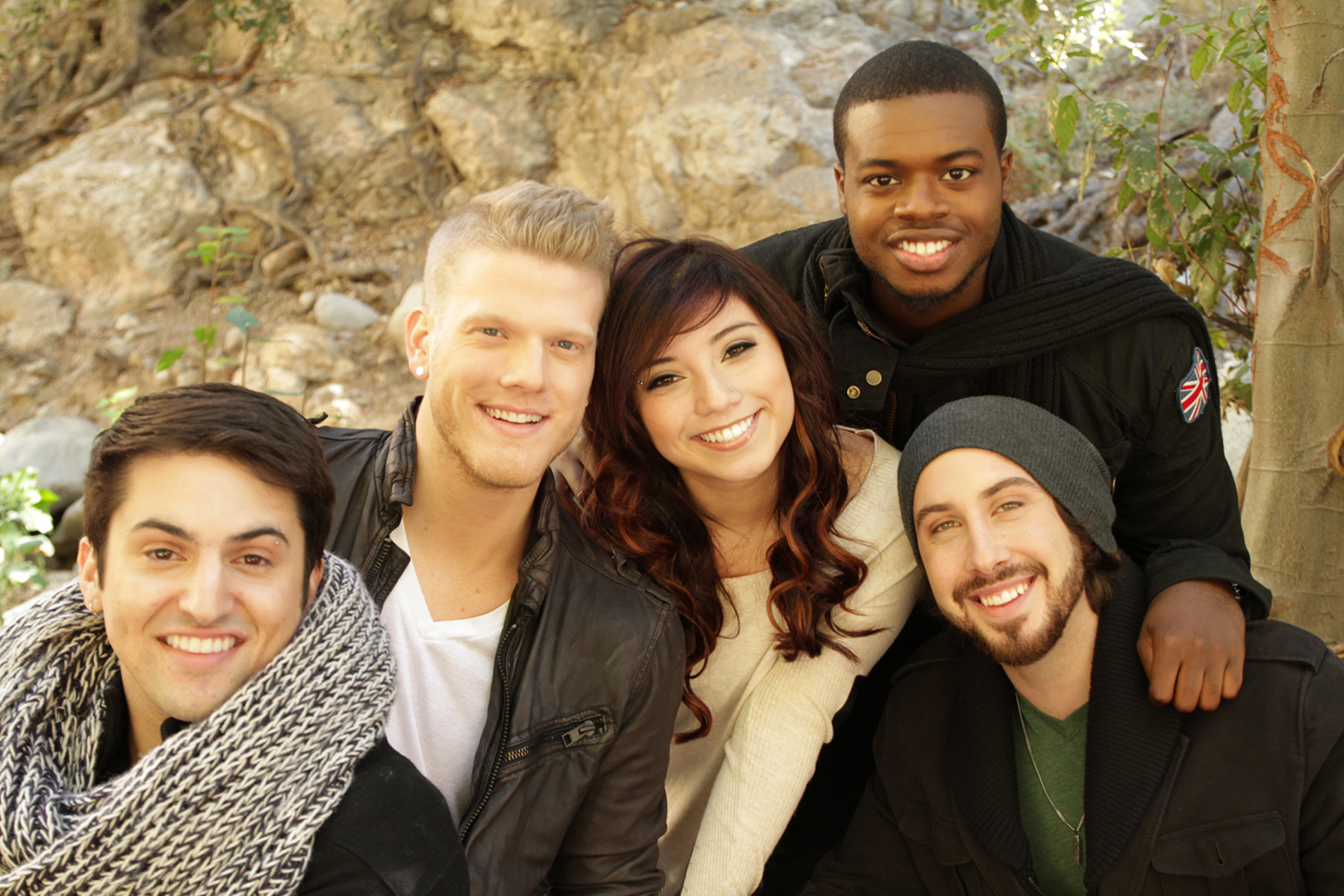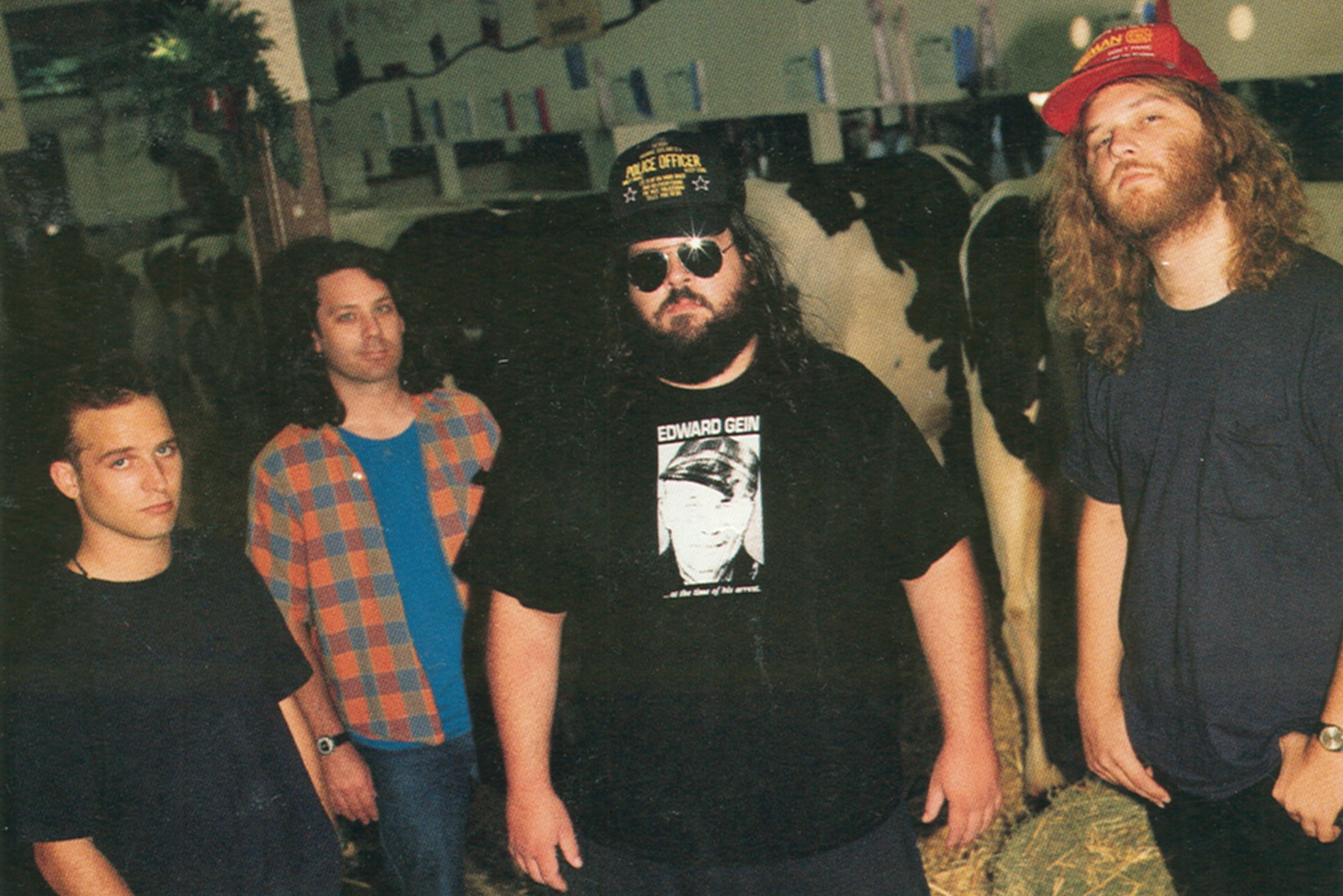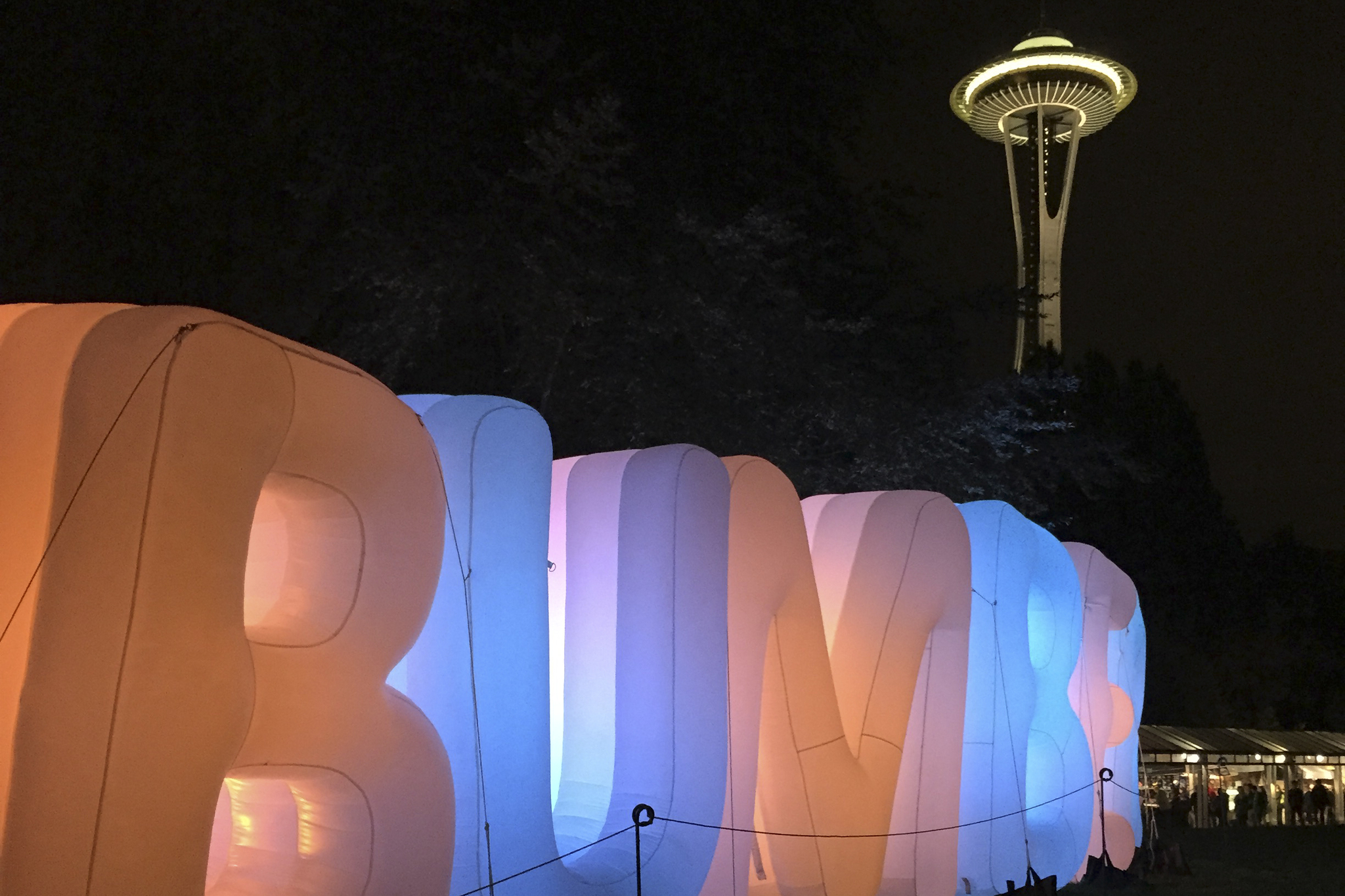It may not be a traditional path to musical stardom, but winning a television singing competition has certainly becoming a more common launchpad for musical acts. Just ask Pentatonix, the five-piece group from Arlington, Texas who won the most recent season of NBC’s a cappella singing competition The Sing-Off. The band parlayed the win into a cavalcade of media appearances, a top 20 debut and a successful concert tour. With a second EP on the way, the band is back on the road, playing Seattle’s Showbox Sodo on May 11. In advance of the group’s appearance, we caught up with Avi Kaplan, who sings most of the group’s bass lines, to talk about Pentatonix’s quick success, his super-low singing voice and the trouble with covering Taylor Swift.
When did you realize that you could sing in such a ridiculously low range? In between eighth grade year and freshman year of high school, [my voice] totally changed. I didn’t notice it had changed but I went to school and everybody was looking at me pretty funny, like, “You’re voice is really low!”
And I was like, “Oh, I guess it is kind of low now.” I was in choir and my teacher said that I was bass. I just kind of fell in love with choir and really got into the bass side of things.
Are there fewer voices that are naturally that low as compared to being a tenor or soprano? I would say a really, really low true bass is one of the rarest voice types.
Can you walk me through the arrangement process for a song? Do you guys work on songs together or do you generally work out parts individually and then jam, so to speak? Usually, for the YouTube videos, we sit in a circle and I’ll lay down the bass lines and maybe change some chords, Kevin [Olusola] will put down the beat, we pick the soloist and then we only have two more harmonies to put in. We get a skeleton, get all of our notes and just kind of add moments to it. For the album, we sit down with our producer, usually two of us, and we arrange the songs on Finale, which is a sheet music program. So we arrange it, all sing it together as a group, record it and it’s done.
The way you described the process for the YouTube video arrangements made it sounds like you could knock a song out pretty quickly. Is that the case? It really depends on the song. Usually we’ll be able to get the notes within like 30 minutes, but to add moments to it, we like to make sure all the transitions are good and we like to make it something special, not just a transcription of the original.
“The Evolution of Music” video you guys did, which begins in the 11th century and ends with “Call Me Maybe,” actually seems like the opposite and something that would take a very long time to put together. That one was a beast. That one took us a couple of weeks. And it wasn’t just the arrangement; it was the pitching of the songs that was tough. We did 95 percent of that arrangement. We had our producer arrange the “Bohemian Rhapsody” section, but other than that we arranged everything, all the transitions, all the parts. We do everything by ear when we arrange as a group.
When you hear a song, can you tell right away whether it’d be able to work a cappella? Mostly when a song doesn’t work it’s because of the solo. Other than that, we can usually take a song and do whatever we want with it because we’re not trying to transcribe it or make it sound like the original. We’re trying to give it a new twist.
Can you offer any examples of songs you tried but that didn’t work for whatever reason? “Trouble” by Taylor Swift. Range-wise it was just weird in everyone’s range and just didn’t work out. A lot of Taylor Swift songs we haven’t been able to do. We try to but none of them worked.
This is your second major tour. What did you learn from the first outing that you’ve applied to this go-round? I think what we learned was vocal help and how to take care of our voices.
What kind of things are you doing — or not doing — out on the road to take care of your voice? A lot of sleep, a lot of water. You can’t really party. You really have to take care of your voice because your body is your instrument. We can’t just have a 30-minute guitar solo to take up time if our lead vocalist is out. Everyone is always singing. There’s no point in the show where someone isn’t singing.
Your fame is opposite to how it goes for a lot of bands, who record, start playing shows and then slowly build a fanbase. What has been the most challenging aspect of your quick rise to fame? The only hard part is not being able to see the people you love very often and not being able to have your own life. The band is first, so if you ever want to make plans, you can’t because the band’s plans are more important. Other than that, it’s something that we all dreamed of, every one of us.
Was it literally the day
The Sing-Off
ended that you guys just started an endless string of appearances and concerts? Yeah, we all moved out to L.A. and started doing gigs on our own. It’s really snowballed and kept getting bigger and bigger and bigger.
With little recorded output, what will make up the rest of the songs in your set on this tour? We do some Sing-Off songs, we do some songs from YouTube, we did some songs that we recorded. We also do some songs that we only arranged for the tour.
Do you guys have a philosophy about what about how much technology you’ll allow in concerts? Do you guys use vocal effects for example? We try to stay true to our voices. We use reverb and maybe some delay, but nothing crazy like distortion or octavizing or anything like that.








